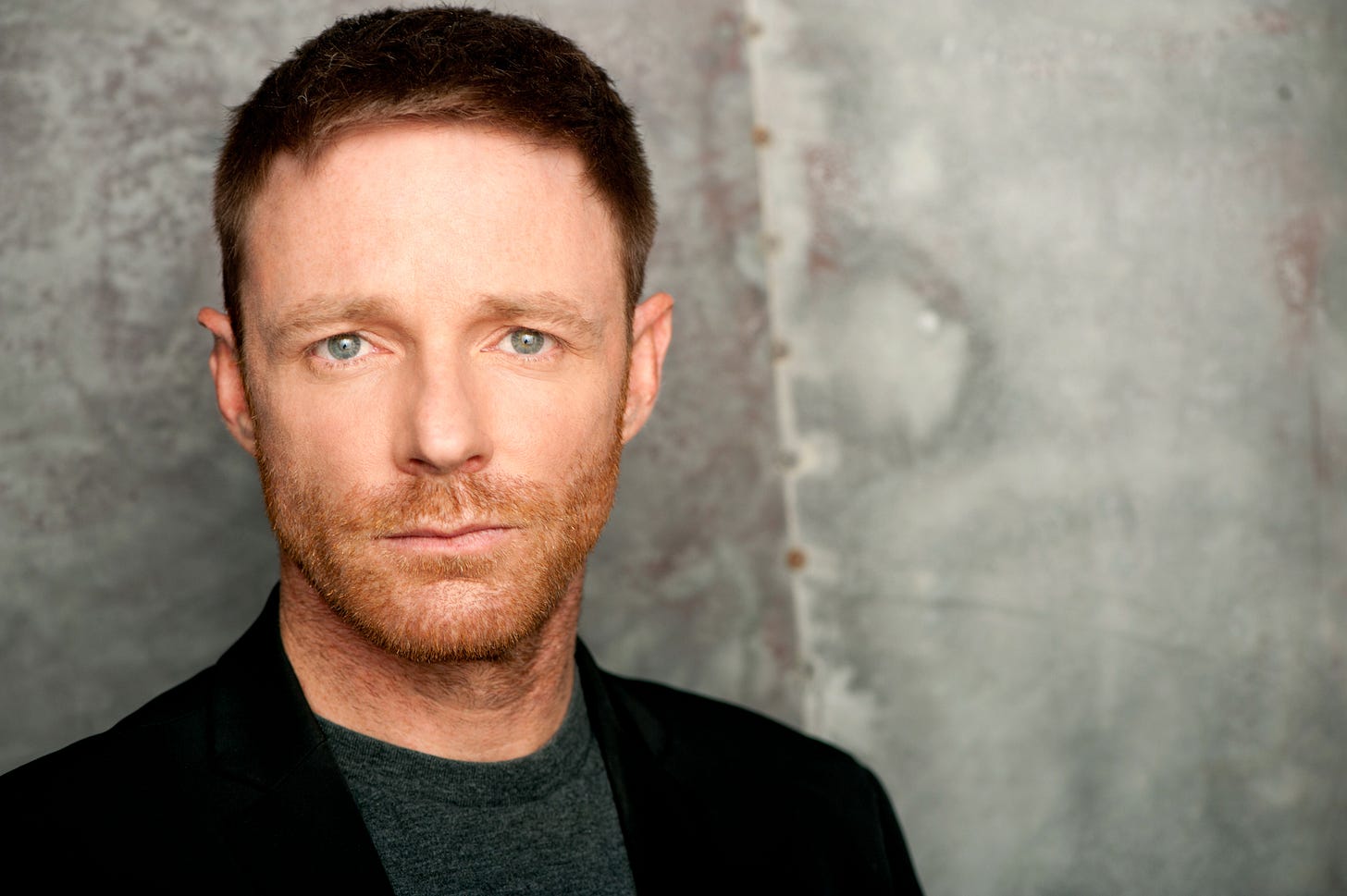CR 056: Mackenzie Astin: ‘In its finest form, this medium can really change people’s lives’
The actor on his many roles, from “The Facts of Life” to “The Pitt,” and the transformative power of the arts.
In 1985, Mackenzie Astin began a four-season run portraying Andy Moffett, the adopted son of Cloris Leachman’s Beverly Ann Sickle, on NBC’s long-running sitcom The Facts of Life. During his time on the show, Astin—who happens to be the son of actors Patty Duke and John Astin, and brother of actor Sean Astin—became a teen idol, frequently appearing in the pages of Teen Beat, Tiger Beat, and BOP magazines.
And though he wasn’t invited to be part of a planned Facts of Life spinoff—a decision that probably worked in his favor, in hindsight—he’s continued to act steadily, with notable turns in an array of impressive projects, including The Magicians, Lost, You, Mad Men, Homeland, and hundreds of other titles.
I recently chatted with Astin about his work on HBO Max’s The Pitt, why he avoids social media, and how a college production of Our Town changed the trajectory of his father’s life.
Keep reading with a 7-day free trial
Subscribe to Creative Reverberations to keep reading this post and get 7 days of free access to the full post archives.



